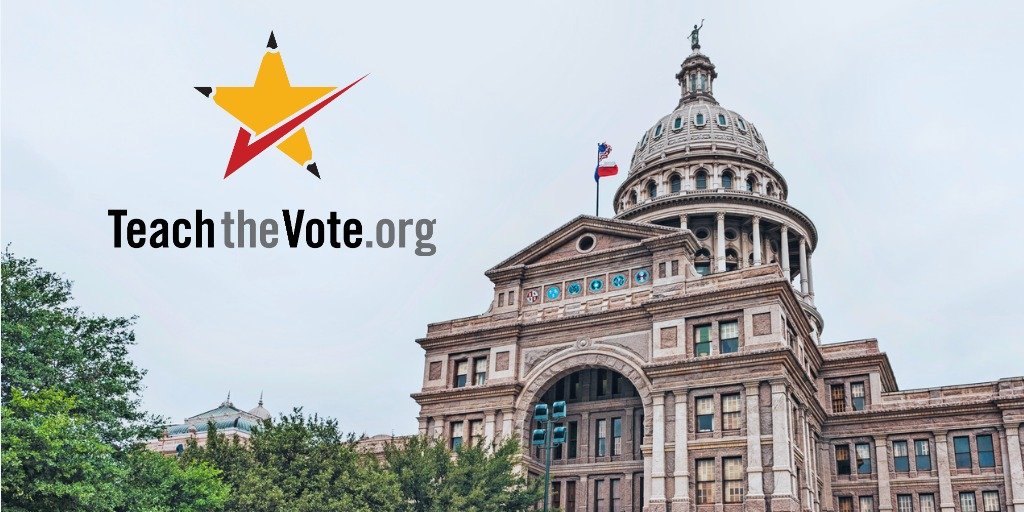U.S. Department of Education hosts webinar on school reopening

Congress | Federal COVID-19 School Safety
Date Posted: 9/23/2020 | Author: Andrea Chevalier
The U.S. Department of Education hosted a virtual panel presentation today, Sept. 23, on successful strategies to reopen schools this year amid the COVID-19 pandemic.

The live webinar opened with a statement from Secretary of Education Betsy DeVos who reiterated her support for school choice by saying that parents need options more than ever during this time. DeVos also maintained her position that every school should offer an in-person option for parents who want that for their children.
Next, a panel of invited witnesses shared best practices in how they have re-opened their schools during the pandemic. Panelists included the following:
- Sue Blakeley, founder and administrator of Lake Mead Christian Academy in Nevada, a private school
- Shane Robbins, superintendent of Kershaw County School District in South Carolina
- Jeremiah Newell, superintendent of MAEF Public Charter Schools in Alabama
- Nisha Gupta, administrator and teacher at Homestead Montessori School in New York, a private school
- Glen East, superintendent of Gulfport Schools in Mississippi
- Frank Brogan, assistant secretary for elementary and secondary education at the U.S. Department of Education.
Newell shared that his charter school, a specialty charter for students age 16 and older who have dropped out or fallen behind, is offering parents the option on selecting in-person learning, synchronous/asynchronous virtual instruction, or night schooling for students who need to work to support their families. He also stressed that sitting in front of a computer is not an effective form of learning for students.
Blakeley's private school created a task force to bolster communication between stakeholders in her school community and consulted with an infectious disease expert regularly. Her school also staggered reopening and conducted "rehearsals" by gradually opening the school's day care and early childhood facilities.
East said his public school district opened at 30% capacity and has since increased capacity to 100%. The district also hired additional instructional support staff so that there are two adults in each classroom, in order to support students.
Gupta's private school simplified classrooms by removing furniture and marking the floor with dots. The number of personalized materials was increased, too, including some materials that the school 3-D printed and laser-cut on their own. Spaces were organized to isolate cohorts, along with scheduling changes, and experiential learning was moved outdoors. Teachers moved classroom furniture outdoors and a local Native American leader donated additional outdoor space so that students could learn in weather-proof teepees.
Robbins said his public school district was already an e-learning district and that the transition was a little bit easier because of this fact. The district created a task force that formed subcommittees made up of healthcare professionals, parents, and teachers. Robbins said responding to the pandemic has created an expensive situation, especially with the new learning environments and need to ensure health and safety. His district has partnered with local businesses to provide internet access to students and has created a COVID-19 dashboard to show the number of cases in their schools.
Several of the panelists said they created videos in order to best communicate with their families.
A few things come to light in analyzing these comments from school leaders across our nation.
- The pandemic is costly to school systems and has created new costs that should continue to be reimbursed by the federal government.
- Teachers are rarely included in the considerations and conversations engaged in by school leaders. In this panel at least, leaders did not express a balance of concern for their educators or share best practices on how to engage educators.
ATPE has continuously advocated for the involvement of educators throughout the pandemic. For resources and support for educators, please visit ATPE's Coronavirus FAQ and Resources. To share your opinions on back-to-school health and safety, ATPE members can visit ATPE's Advocacy Central to fill out a quick two-question survey open until Sept. 27, and also use the communication tools there to share input with their elected officials.
CONVERSATION
RECOMMENDED FOR YOU

Congress | Federal, COVID-19, Curriculum | Instruction, Educator Compensation | Benefits, Educator Preparation | Certification, Elections, School Finance, School Safety, Testing | Accountability, Texas Legislature
08/04/2023
Teach the Vote’s Week in Review: Aug. 4, 2023
ATPE weighs in on current political climate for education in Houston Chronicle story—plus, a look at federal ed prep and special education developments.

02/20/2026
Teach the Vote’s Week in Review: Feb. 20, 2026
Early voting is underway through Friday, Feb. 27. Plus: Check out the brand-new ATPE Mobile App.

02/20/2026
ATPE’s new mobile app brings advocacy tools to your fingertips
Read Teach the Vote, contact your legislators, or donate to ATPE-PAC all on your phone using the new ATPE Mobile App.


